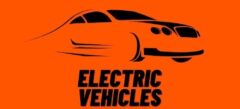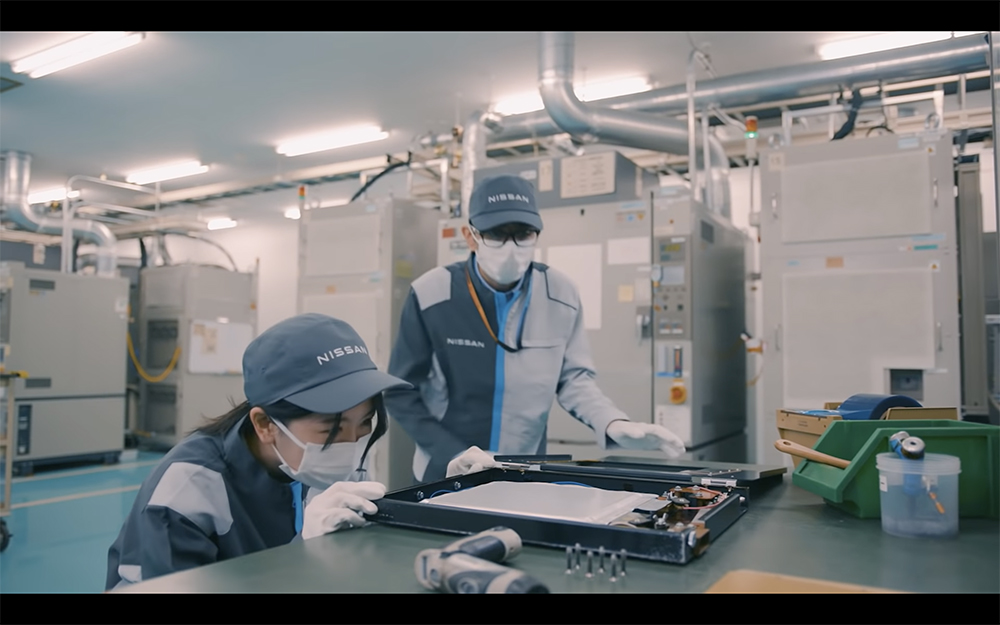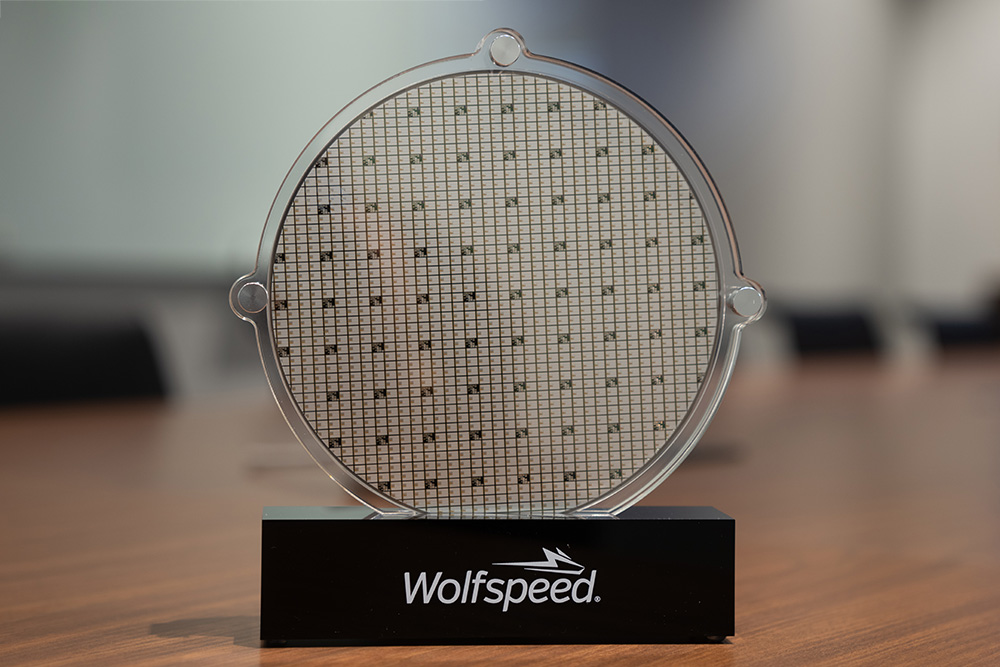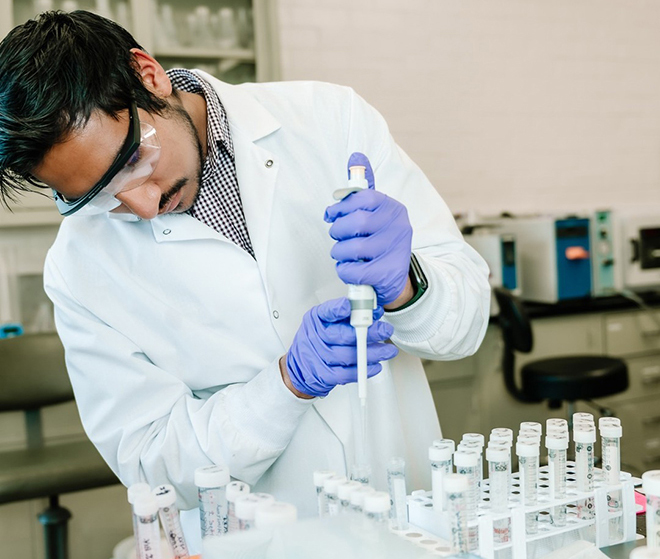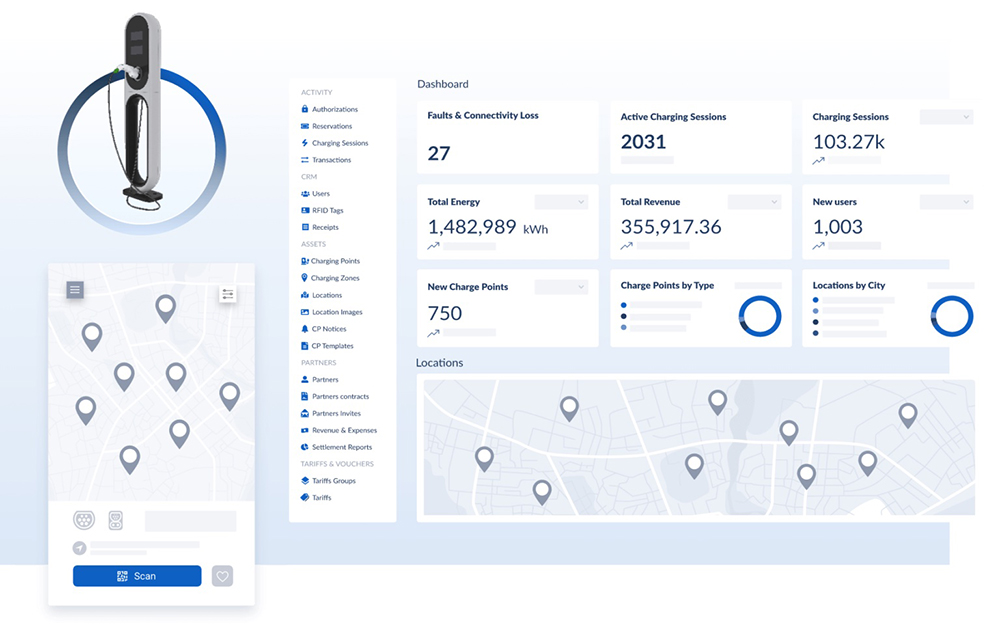[ad_1]
Nissan has unveiled a prototype production facility for laminated all-solid-state battery cells, which the company aims to bring to market in 2028. This prototype facility, within the Nissan Research Center in Kanagawa Prefecture, is designed to promote the development of solid-state-batteries.
Nissan plans to establish a pilot production line at its Yokohama Plant in 2024, and aims to launch an EV with solid-state batteries by 2028. By this time, the company believes it can reduce the cost of solid-state batteries to $75 per kWh (Nissan didn’t specify whether this refers to cell-level or pack-level costs, but we assume it means the former).
Solid-state batteries could be a game-changing technology for EVs. They could offer energy density approximately twice that of conventional lithium-ion batteries, and shorter charging time due to superior charge/discharge performance. They also can theoretically be made using less expensive, more readily-available materials.
“Nissan has been a leader in electrification technology through a wide range of R&D activities, from molecular-level battery material research to the development of safe, high-performance EVs,” said Kunio Nakaguro, Executive VP in charge of R&D. “Our initiatives even include city development using EVs as storage batteries. The knowledge gained from our experience supports the development of all-solid-state batteries and we’ve accumulated important elemental technologies. Going forward, our R&D and manufacturing divisions will continue to work together to utilize this prototype production facility and accelerate the practical application of all-solid-state batteries.”
In addition to performing its own in-house research, Nissan says it is working with NASA and the University of California San Diego to test materials for solid-state batteries.
“Both NASA and Nissan need the same kind of battery,” said Corporate VP Kazuhiro Doi.
Nissan and NASA are using a database called the Original Material Informatics Platform to test various combinations to see what works best among hundreds of thousands of materials, Doi said. The goal is to avoid the use of expensive and problematic materials such as rare earth minerals.
Nissan recently released a video describing its materials research, as well as other cutting-edge projects such as bidirectional charging.
Sources: Nissan, Electrek, autoblog
[ad_2]
Source link
